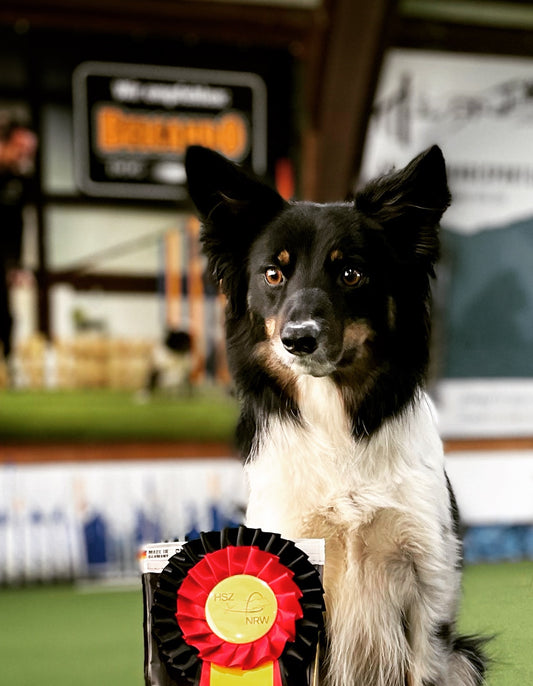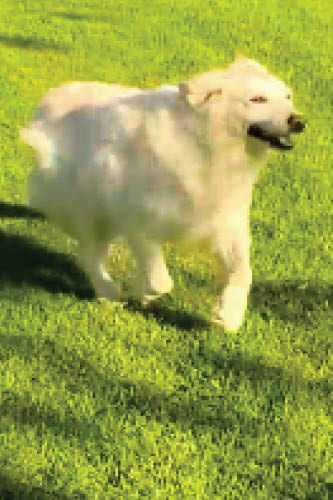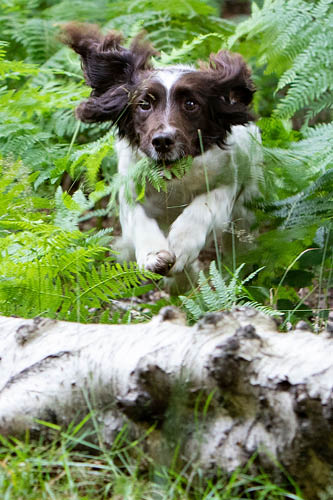The 6 signs of mobility problems
-
Get up, run, jump
If you have trouble getting up from rest or appear stiff after a long nap, this may indicate joint problems in your pet. Especially in the hips and elbows. Did your cat have a favorite place to sleep when it was young? Cats love high places, but you may notice that they now use a chair to jump up or slowly reach down before jumping. You can even choose a new seat. These are signs that the jump is uncomfortable and your pet needs help.
-
Laziness & Inactivity
It may seem like your pet gets lazy as they age, but if they're struggling to keep up with walks or avoiding the yard, it's time to think about assisting their mobility. Cats typically sleep about 15 hours a day, but if that's insidious they may be hiding that they're having a hard time getting around. Dogs and cats of all ages should enjoy playing. If your child has lost getting up, it's your job to help them find their puppy or kitten again.
-
lameness
This may seem obvious, but the signs of lameness can be subtle, especially if the discomfort is on both sides of your pet's body. Notice if your pet prefers one leg over the other. Do you nod your head when you walk? This could indicate a problem in the front legs. Resting one limb more than the other when standing, or not sitting up straight but sitting on one side, can also indicate a problem.
-
Stairs
Stairs are a great test of your pet's mobility. As a youngster, your pet would dash up the stairs. Watch closely, how are they moving now? Are they slow, timid or clumsy? When they come down, do they arch their backs or pull one leg over the other? Knowing how your pet moves up and down stairs can help you keep a good eye on their long-term mobility.
-
self care
With stiff joints, self-care tasks can be difficult. Maintaining these hard-to-reach areas is awkward and they can start to look messy. However, if your pet is grooming one joint more than others, it could indicate a problem at that point. For cats, squatting in the litter box can become a challenge, and they have accidents or go to unusual places. Your dog may have trouble squatting or raising his leg. Toilet problems can also lead to urinary problems. If you notice these signs, please have your pet checked out by your veterinarian.
-
mood swings
No one wants to be dragged around when they are uncomfortable. If your pet is unusually grumpy or becomes aggressive when petted, they may be telling you that they are in trouble. Are they louder or avoiding their usual cuddles? Any changes in behavior could indicate that your pet is uncomfortable and needs your help.
Identifying mobility issues early ensures you can support your pet's joint health and improve their quality of life. Daily dosing of AntinolⓇ will help keep your pet happy.









